
Between circumventing Western sanctions and laundering money with digital tools

The Russian leadership believes the country is permanently at war and pursues imperial and expansionist policies, the Russian independent media writes. Russian journalists also say Putin’s plan to restore “Great Russia” seeks to capture Ukraine through armed force and Belarus by forcing a unification.

Russians must understand that the war in Ukraine is lost in order to be able to bring about a change for the better in their own country, dissidents quoted by independent Russian media believe. They also talk about the losses caused by the war launched by Russia against the neighboring country, but also about the need for the West to become more attractive to developing countries, in order to win the competition with the alternative model offered by autocracies.

The Kremlin’s censors have little to monitor in terms of anti-Putin criticism, Russian investigative journalists note, after the entire opposition media in Russia was snuffed out or blocked. The Russian independent media also describe how the Kremlin has failed in recruiting mercenaries from Serbia for its Ukrainian war effort.

Russia’s imperialistic drive is the result of policies in the “liberal” ‘90s, which the West and Ukraine turned a blind eye to at the time, the Russian independent media writes. Independent publications also claim that, by invading Ukraine, Russia brought European closer together. Previously, Moscow was bankrolling MEPs to gather support for Russia’s annexation of Crimea. Independent journalists have also analyzed the attitude of Russian artists towards the war, and noticed that those artists who are particularly popular with the younger generations refrained from supporting the war and even criticized it.
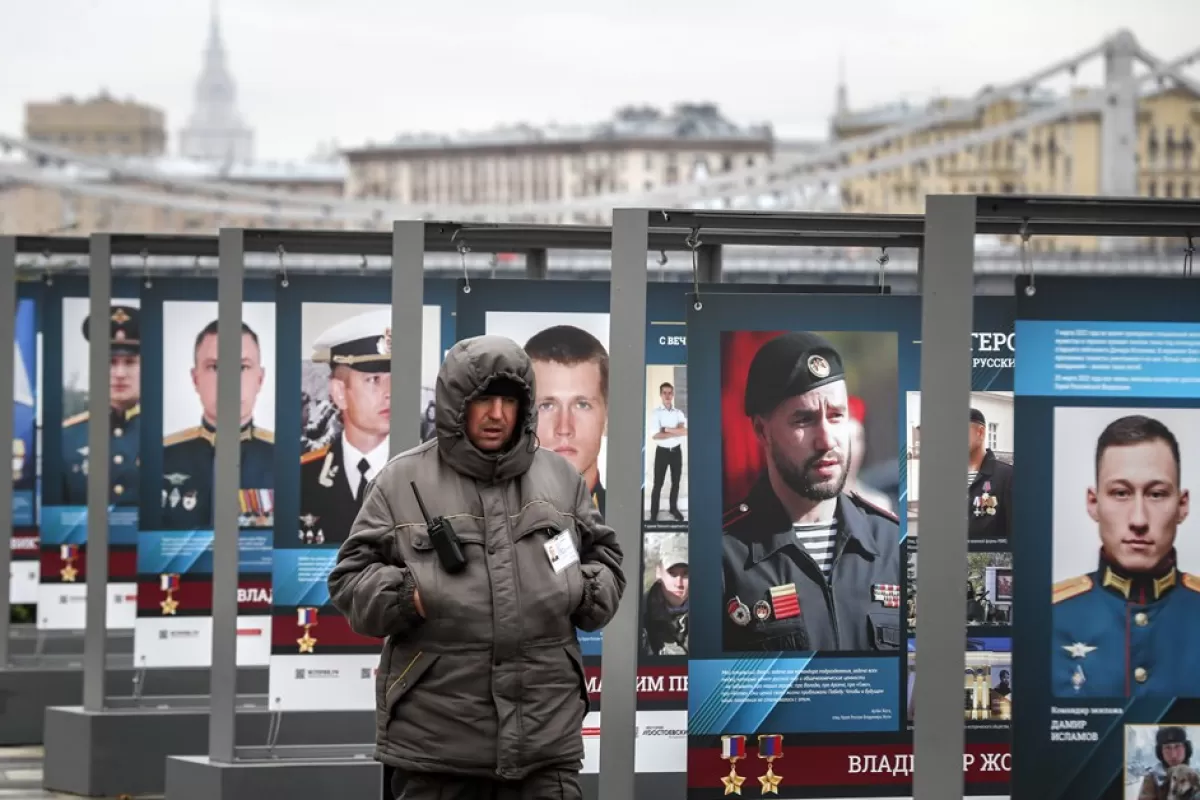
Russian funeral businesses are overcrowded and cemeteries across the country are expanding or new ones are being created due to the large number of people killed in the war in Ukraine, the Russian independent media writes. Veridica has also discovered an analysis about the failure of the so-called Gerasimov doctrine, which was supposed to make the Russian army a modern force capable of fighting a new type of war with hybrid elements
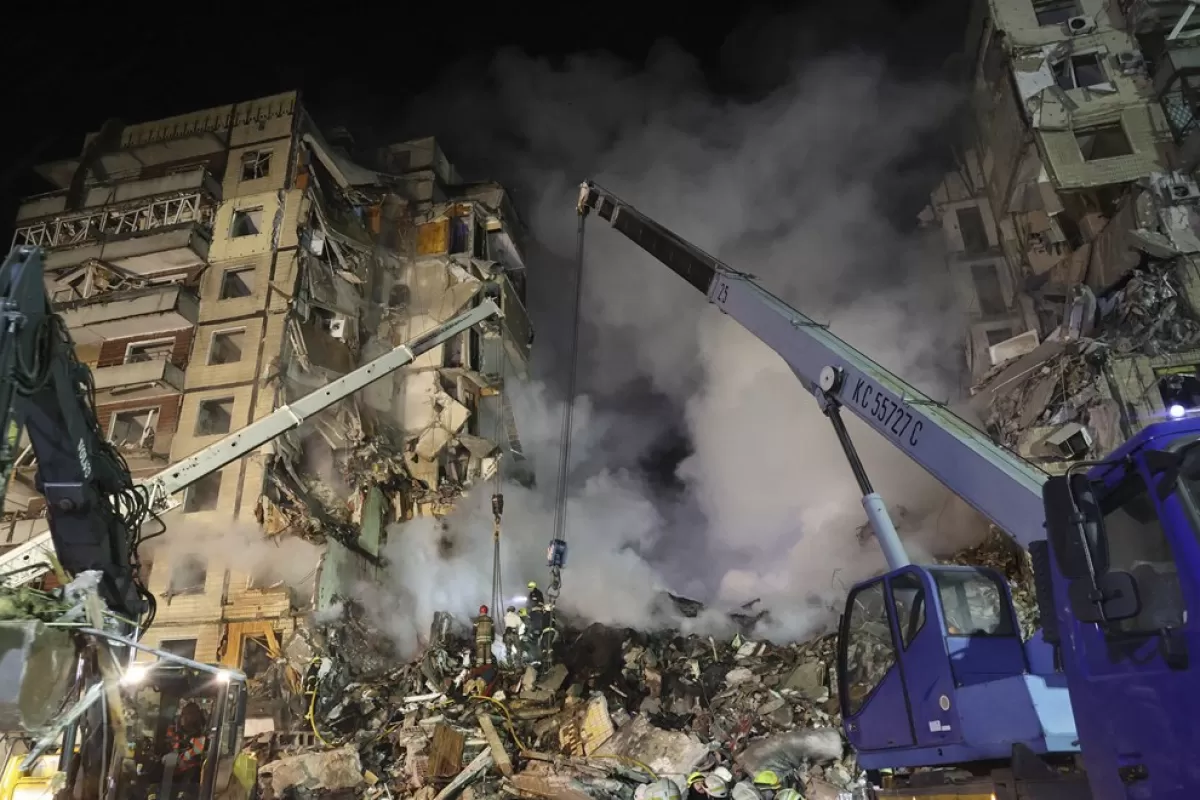
“In Russia, journalists don’t ask questions”, one officer suspected of having played a part in the bombing of a residential building in the Ukrainian city of Dnipro told a journalist. The Russian independent media also says that the Kremlin’s efforts to increase the size of its army are doomed to fail, and describes how the Putin regime is trying to keep the Russians in check and strike fear into the international community.
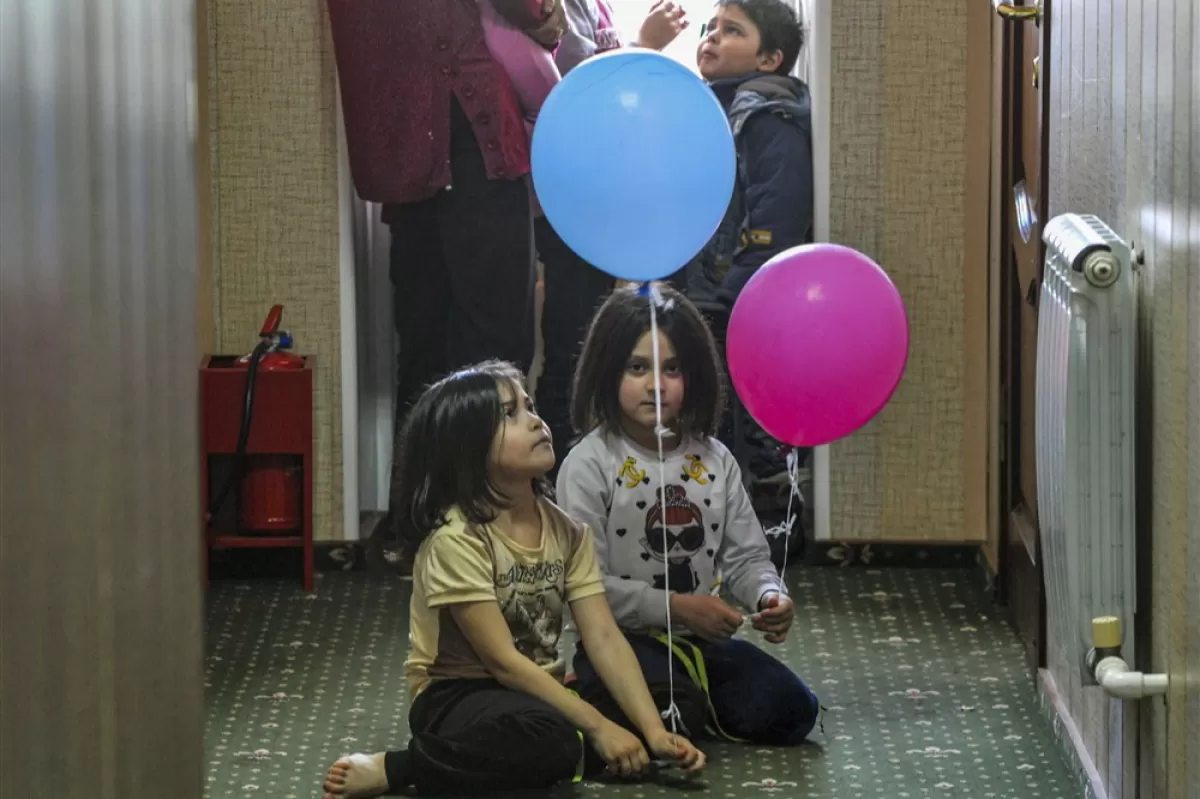
The Russian authorities have for the first time admitted to sustaining heavy losses following a Ukrainian attack, and the shift in the communication strategy seems to be meant to prevent a scandal, the Russian independent media writes. Independent journalists also discuss the Russification of Ukrainian children deported to Russia and the arms race triggered in the wake of the invasion of Ukraine.

The war in Ukraine is costing Russia more and more every day, the Russian independent media writes, reporting on the budget deficit for 2022 and the budget for 2023, also referring to the problems facing the industry sector, where the focus is on military production.

Russian servicemen sent to the frontline in Ukraine are trying to flee the war and dodge military service, and the authorities respond by putting them on trial, the Russian independent media writes. Independent journalists also look at the Kremlin’s response to the defeats sustained by the Russian army in Ukraine: it fashioned a “crisis propaganda”.

The Russian independent media writes that Russian special services have developed a new propensity for “preventing” terrorist attacks perpetrated by Ukrainian “nationalists”. Journalists also note that the Kremlin’s official channels are still followed by Russians in the European diaspora, although they have been banned at EU level.
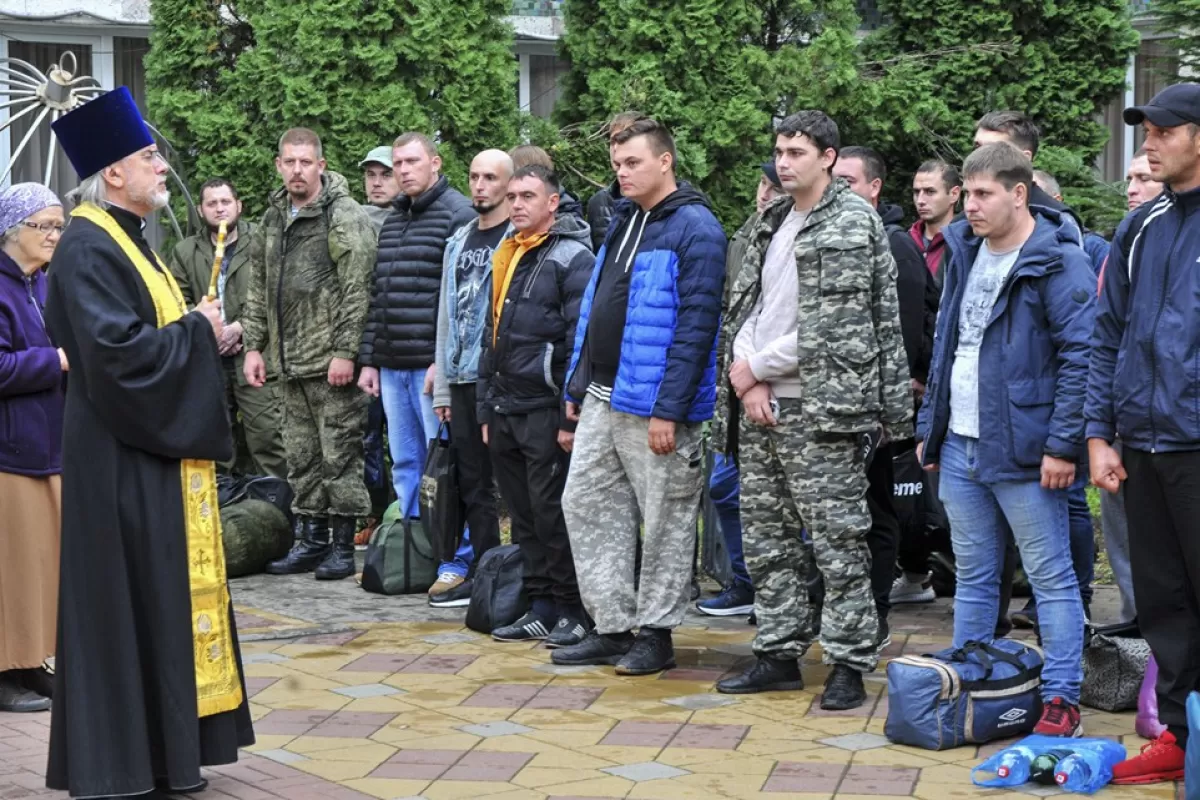
The Russian independent media writes that losses among the ranks of the recently mobilized will soon reach 100 thousand people, but that’s not going to stop Putin. On the contrary, the Russian president will send every young recruit to the frontline as well. Independent journalists also tell the story of a couple recently arrested in Sweden, tied to the Russian military intelligence and the people who poisoned Sergey and Yulia Skripal.
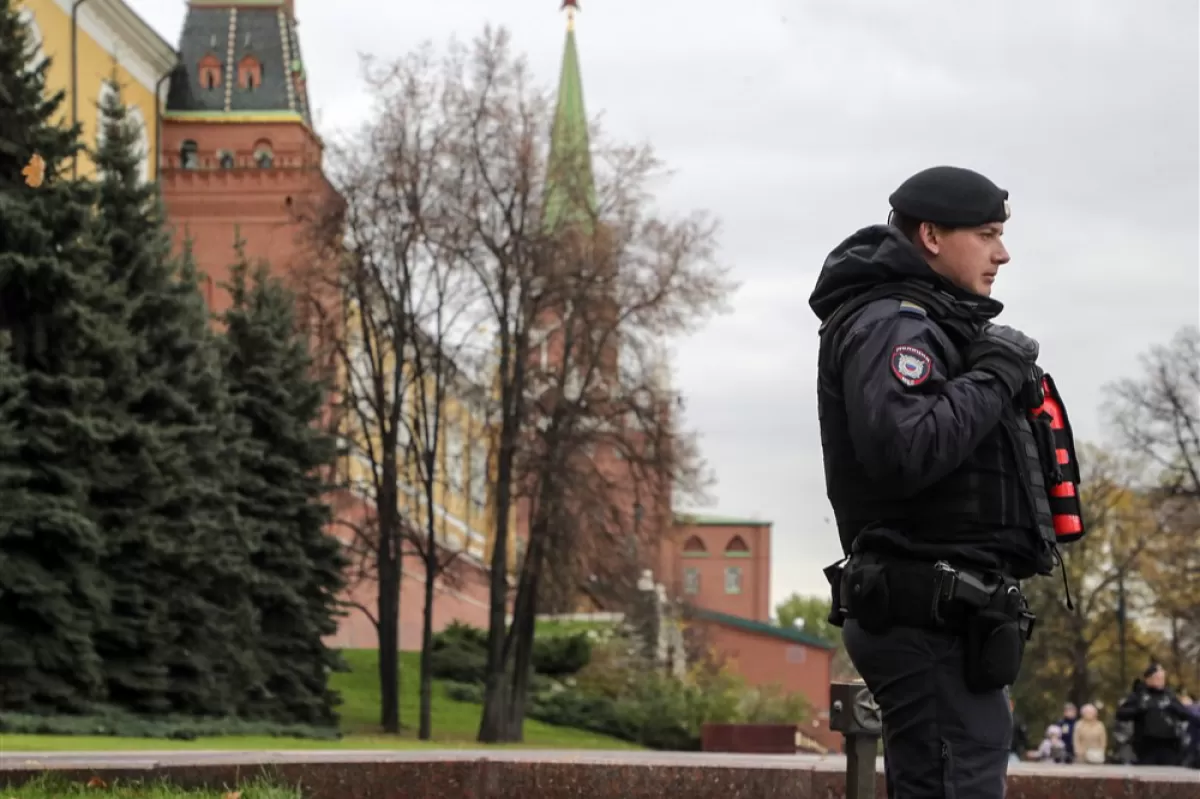
The Russian independent media writes that a record-high number of inmates has disappeared from Russian prisons, after having been enrolled by Putin’s friend in the war against Ukraine. On the other hand, focus groups commissioned by the Kremlin reveal that the population opposes the war, contrary to the Kremlin’s wishes. Russian journalists also describe how generals guarding Putin want to use priests, hypnotists and psychics to bolster his protection.
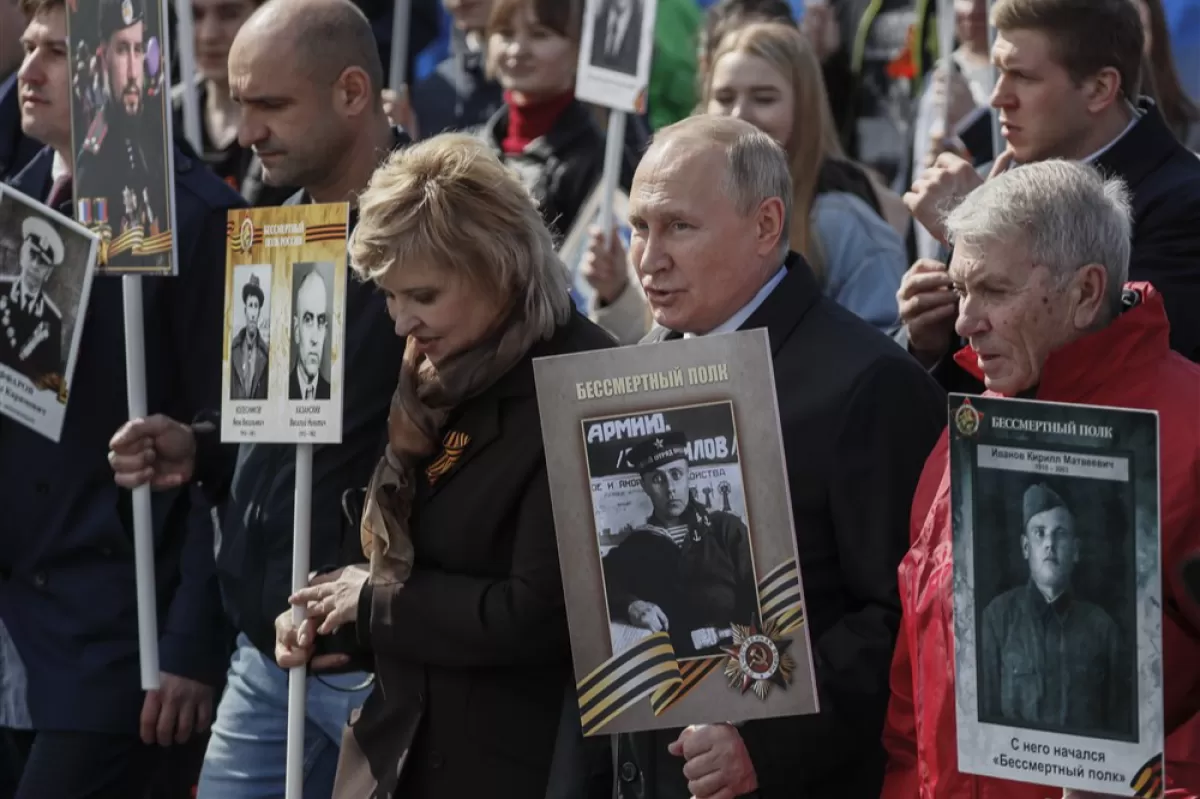
The Russian independent media revealed how Russian emigrants in the United States are being used to promote the Kremlin’s agenda, particularly after the annexation of Crimea and in the context of the war in Ukraine. Independent journalists also noticed that official webpages of Russian authorities did not publish the map of territories annexed in this war, as well as the fact that information on budget spending is now unavailable, preventing the media from estimating war casualties.
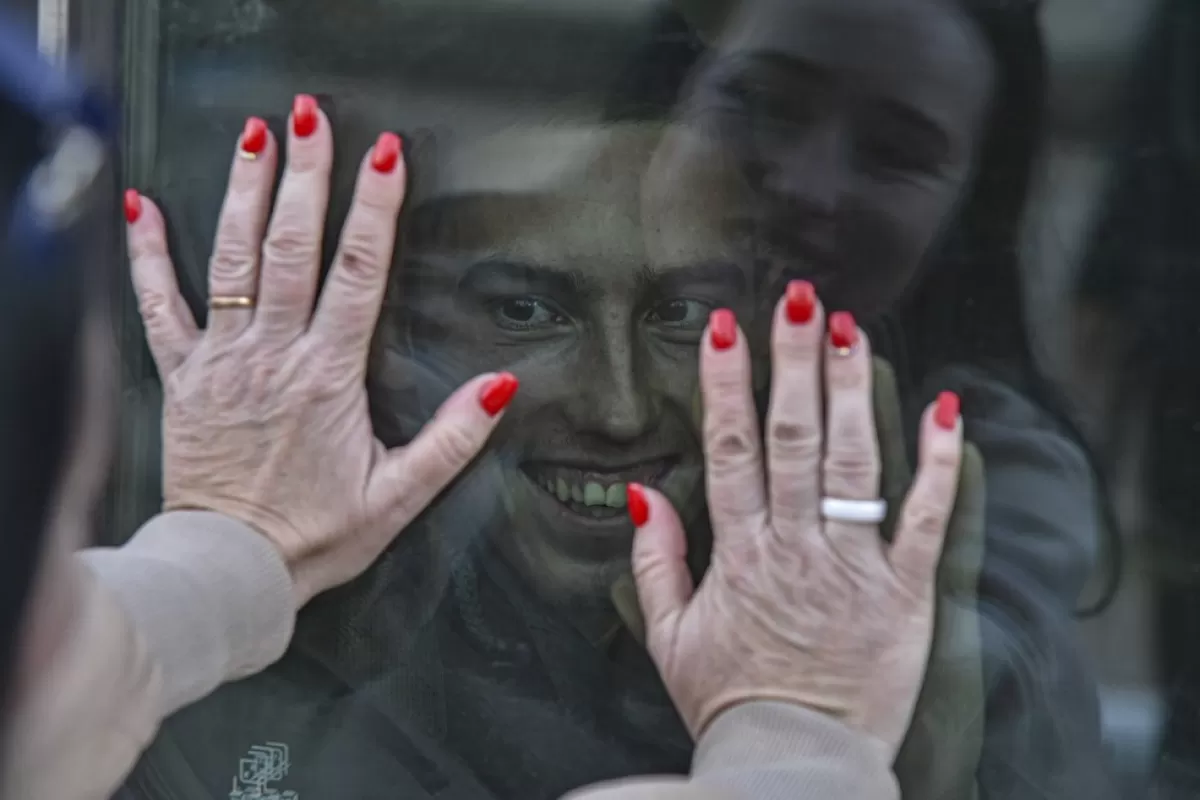
Whole battalions of Russians have been annihilated on the Ukrainian frontline, and soldiers are left behind by their commanders, the Russian independent media writes. Independent journalists also reveal how propaganda officers are trained to reflect one of the biggest failures of Putin’s war – the retreat from Kherson

The Russian independent media writes that a third of Russian workers have left the country after the mobilization decree was passed. Journalists also note that fake news targeting the West stemming from Putin’s speech at the Valdai club could be true only if they pointed to Putin’s own actions.

Journalists have discovered the secret subdivision in the Russian army that is directing the missile attacks on civilian infrastructure in Ukraine. Moreover, the independent media noticed that the myths underlying Putin’s regime have unraveled one after the other due to the war in Ukraine.

Russian citizens are conscripted from their workplace, from universities and even during protests, whereas propagandists who urge people to fight and bragged on national television about wanting to fight in the war are now trying to doge military service, the Russian independent media writes after Vladimir Putin ordered a partial mobilization.

In their zeal to carry out orders, Russian army officers sent their men to their deaths, writes the independent Russian press, which carries testimonies of some soldiers who fought in Ukraine. Another topic is the Russians in the diaspora who, allied with the extreme right in the West, organize demonstrations in support of the war in Ukraine.
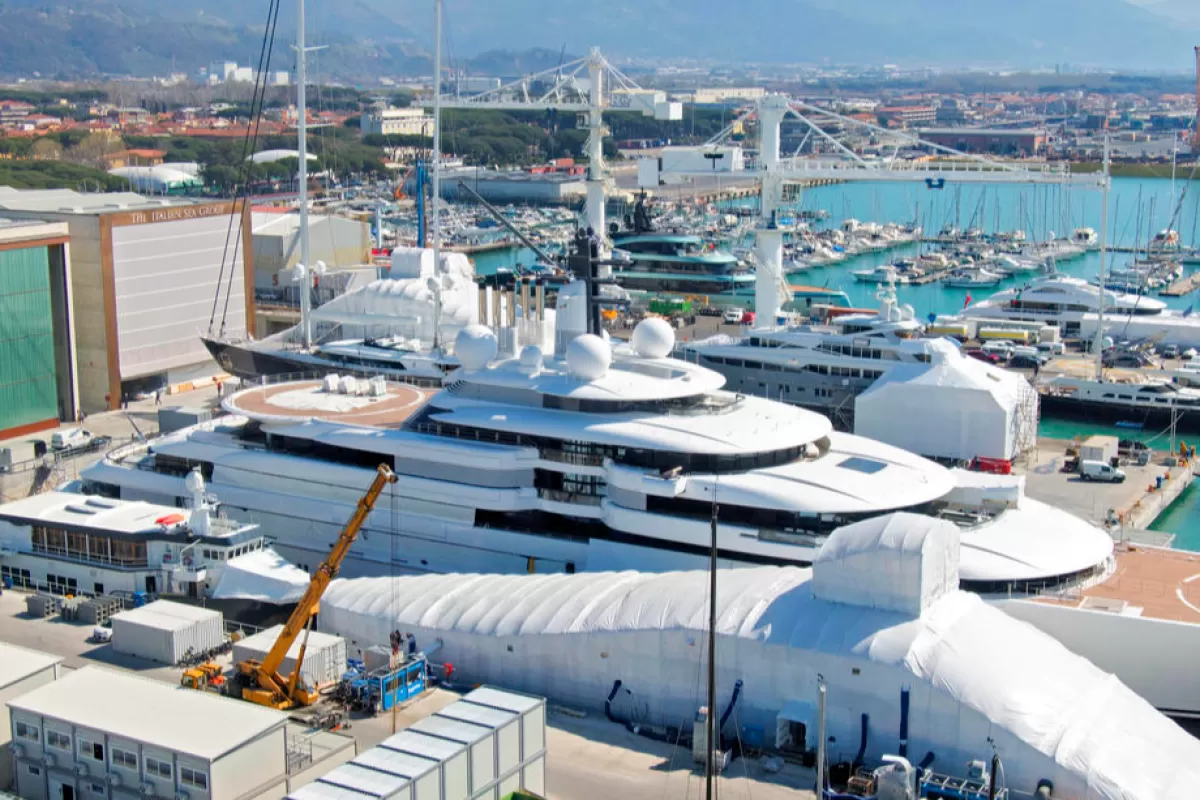
Two new investigations conducted by Russian independent journalists provide an insight into the life of luxury of the Russian leadership. Putin’s yacht, Scheherazade, cost close to 600 million EUR, a sum raised by inner-circle oligarchs, journalists say. A different investigation shows how the family of Andrey Turchak, the secretary of United Russia party and vice-president of the Federation Council, made a fortune by privatizing and destroying the most important manufacturing compound in Russia’s entire defense industry.

An “independent expert” dispatched by the IAEA at the Zaporizhzhya NPP is actually a primatologist with long-standing political ties in Russia, the Russian independent media writes. Veridica has selected a number of articles describing how Russian children are taught to love, fight and die for the motherland and about Ukrainian fighters at the Azovstal steelworks in Mariupol.

Before the war started, the Russian army was already in a tight spot, as a serviceman fighting in Ukraine revealed. The topic is discussed at length by the Russian independent media, which also writes about “Putin’s chef”, Yevgeny Prigozhin, who is also in charge of the Wagner mercenary outfit, recruiting criminals, including murders, from Russian prisons. Another issue discussed by the Russian independent media is that of Western combat equipment used by the Russian army, considering the Russian military industry lacks the necessary technology.
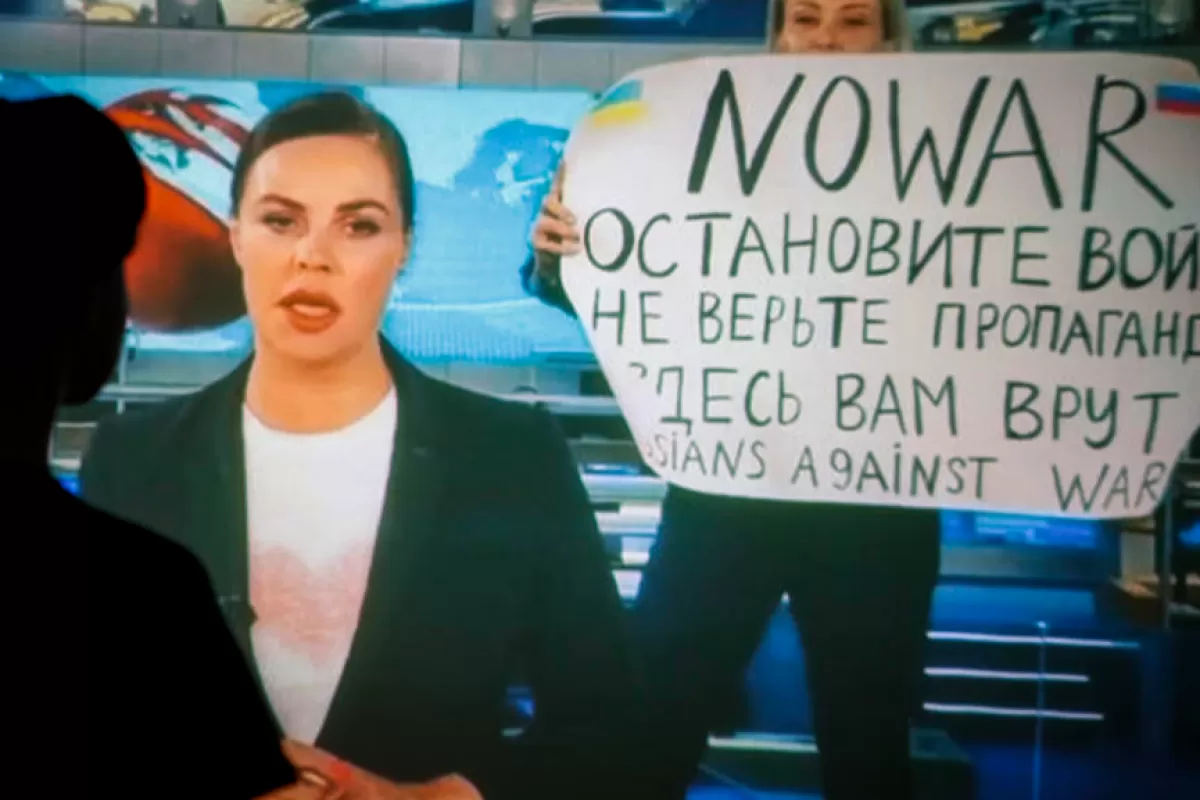
Urban legends about Ukrainians and the war in Ukraine end up being used as war propaganda by Moscow, the Russian independent media writes, also proving why the Amnesty International report criticizing Ukraine manipulates and misinforms public opinion and how the Putin regime is using nuclear weapons as a threat.
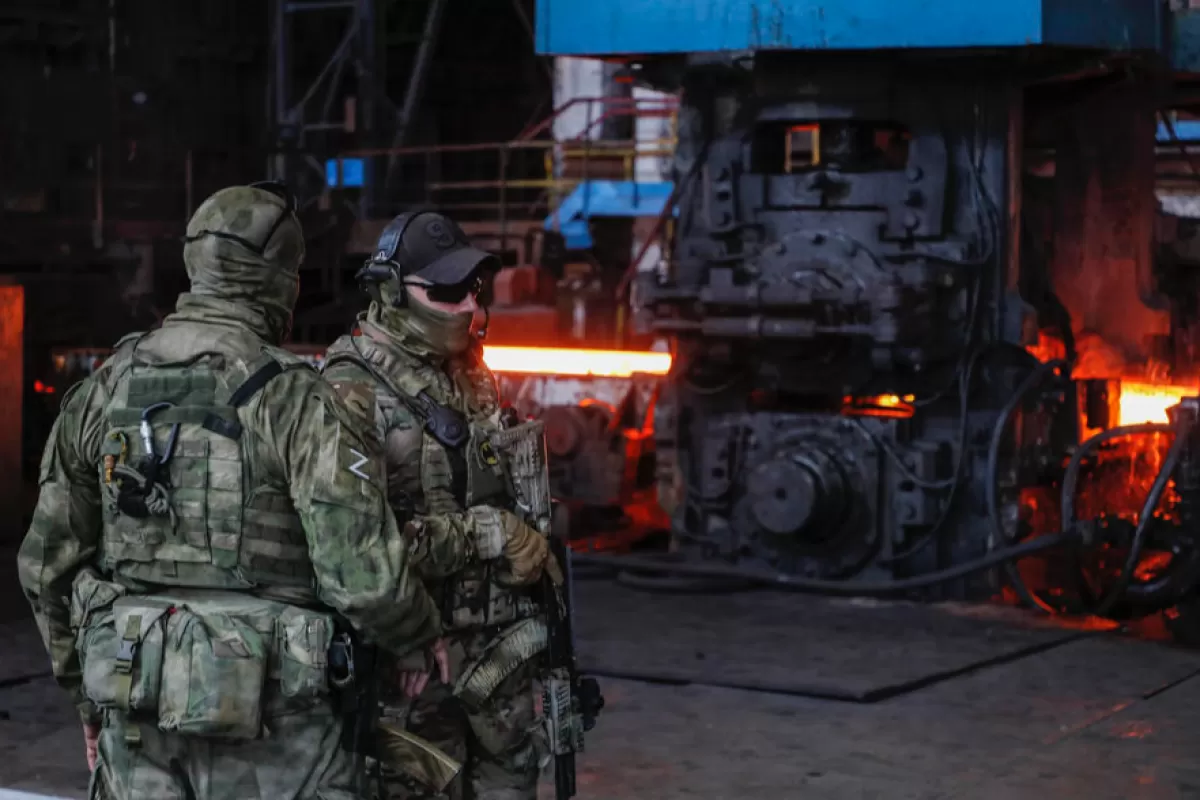
The Russian independent press reports that Russian doctors, teachers, civil servants and builders are being sent to the occupied territories of Ukraine to prepare “the union with Russia”. Meanwhile, Western sanctions are hitting the Russian economy and the well-being of the population, experts say. President Putin, however, continues to blackmail Europe with cold in the winter and famine.

The Russian independent media writes about volunteers with no military training whom Moscow sends to die in Ukraine, as well as about the role of mercenary groups fighting for the Russians. The Kremlin is mindful not just about battlefront developments, but also about the way it is selling the war to the next generation of young Russians: the new school curricula includes the new Putinist ideology and the official rhetoric about the war in Donbas.

Vladimir Putin and the Russian elite denounce the West and the lack of patriotism of the Russians who choose to live there, but even the children of the elite - including Putin's daughter - have chosen the comfort of living in the Western states, according to the Russian independent media. Another topic is that of the Western politicians who chose Russia and the generosity with which it rewarded them.

Tens of thousands of people have left Russia in the last three months due to oppression, condemning the aggression in Ukraine. Many have stayed however, continuing to oppose the establishment and to take part in anti-war actions. A large number of journalists, activists and human rights militants have no intention of letting up, despite the repressive legislation and the risk of facing criminal punishments. Veridica has selected a number of topics from the top independent sources in Russia.

The Russian independent media continue to report on the war in Ukraine and its impact on the people of Russia, on the Russian soldiers who have disappeared during the invasion and the families that are looking for them, on young people who are forced to sign contracts to fight in the war, or on Russian citizens protesting against the aggression, even if they risk their freedom and their lives.

Veridica has selected stories about how war lies are fabricated, how the words Ukraine and Kyiv have been removed from textbooks, and what journalism students are learning in the country's new political context.

The crimes, torture and robberies committed by the Russian military are the result of a deficient education system but also of social issues neglected by the authorities, writes the independent Russian press, which continues to work despite the fact that it is almost banned in Russia. Veridica has found an article about how the Russians have come to denounce those who do not share the official version about the war, as well as two interviews, one about Putin's regime, the other about the decline of the Russian oil industry due to sanctions.
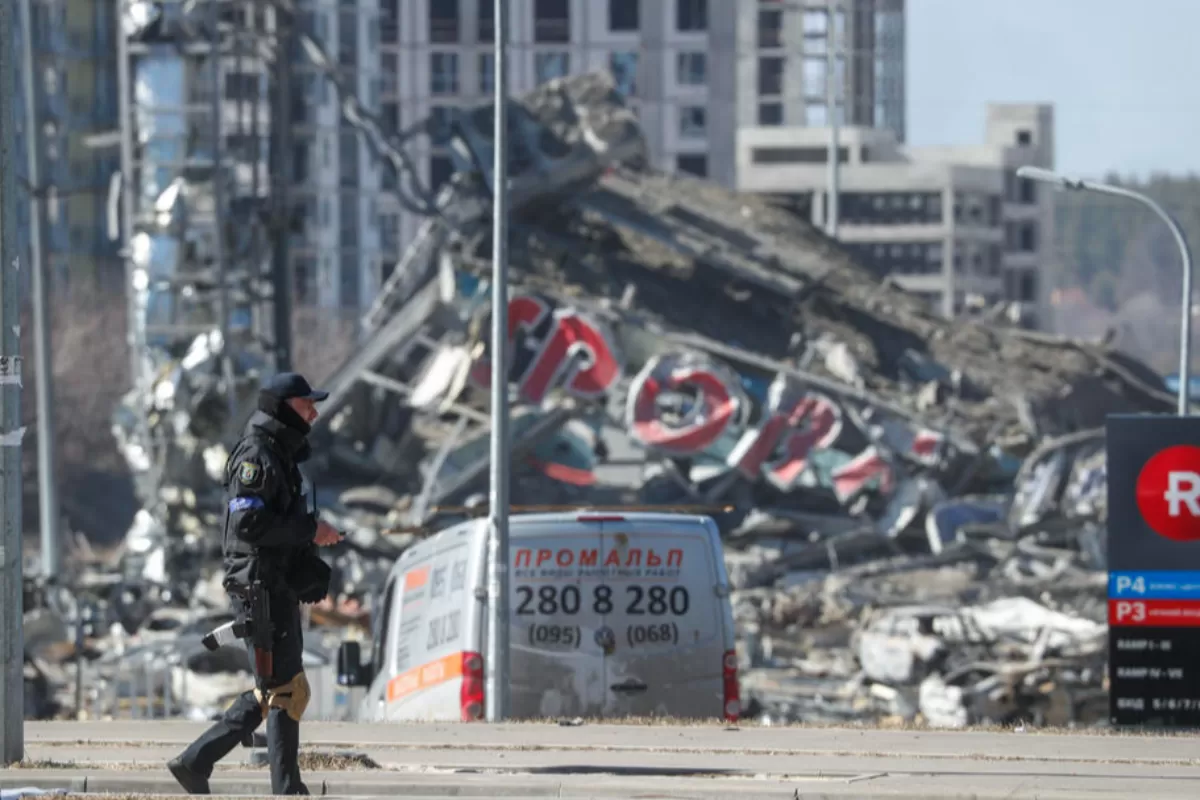
Subject to a virtual ban in Russia, where journalists risk serving prison time if they write about the ongoing war in Ukraine, the Russian independent media continues to write about the conflict and its effects. This week, Veridica has selected articles about journalist Oksana Baulina, killed in Kyiv during a shelling of the Russian army, about the refusal of Russian soldiers to fight in Ukraine and about the Kremlin-linked billionaires’ waning power.

Putin’s regime has introduced a near-total censorship in Russia, and the new law about “fake news concerning military actions” imposes prison sentences on anyone writing or using the word “war”, considering that the government’s official discourse states that Ukraine’s invasion is merely a “special operation”. Nevertheless, Russian independent journalists are still making efforts to reach their public. All they have left is the Internet, which is itself subject to certain limitations. Independent journalists write about the massive wave of people leaving the country, comparable to the mass-migration of 1917. They also continue to provide information about the “special operation” and are trying to counter the extensive propaganda aggressively promoted on all federal channels.